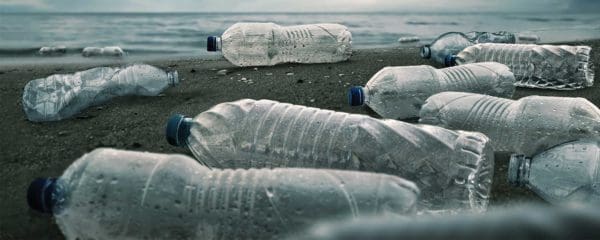Connecticut Modernizes Its Bottle Bill, But at What Cost?
Connecticut’s updated bottle bill is both a step forward and a step back. We break down the good, the bad, and the ugly of the new legislation.
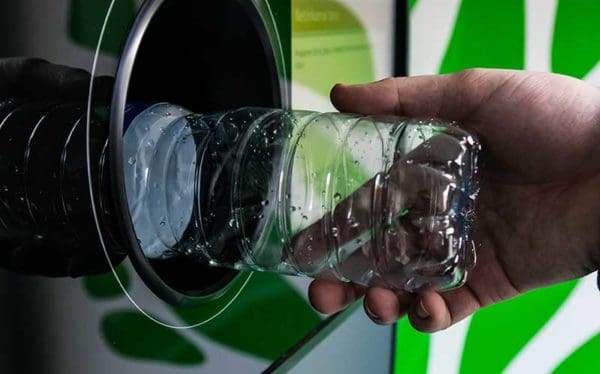
Connecticut’s updated bottle bill is both a step forward and a step back. We break down the good, the bad, and the ugly of the new legislation.

The plastics and petrochemical industries want to make it easier to burn plastic with high-heat technology. Why? So that they can continue to produce tons of plastic while pretending to be a part of the solution. But plastic-burners are toxic. That’s why we’re fighting back.
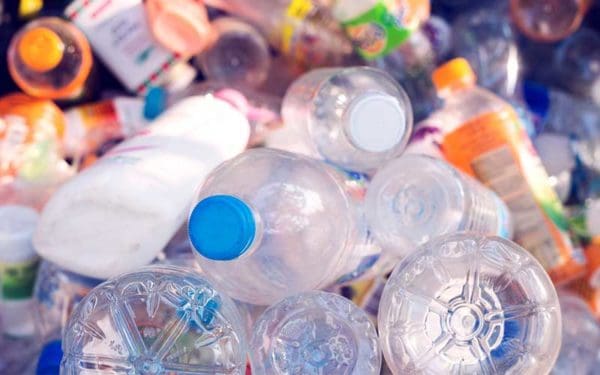
On December 2, 2020, a ship carrying plastic waste from abroad was being unloaded when 5,000 pounds were lost to Maine’s Penobscot Bay. The spill sparked outrage and left many people asking the same question: Why is the U.S., which generates the most plastic waste globally, importing even more plastic waste?
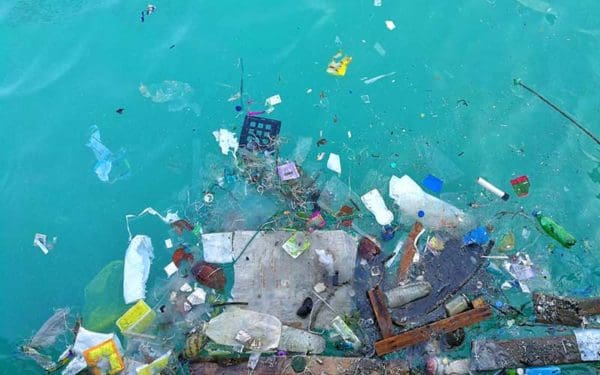
Recycling is confusing, but it doesn’t have to be. By holding Big Corporations responsible for the flood of single-use packaging they create, we can incentivize them to redesign their products and containers to be truly recyclable, or better yet, reusable.
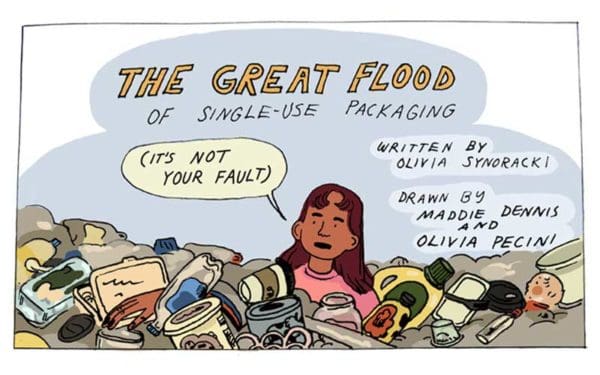
A proposed medical waste facility in West Warwick would collect and burn waste from healthcare facilities across New England. But we have a responsibility to protect the health and safety of our communities and environment. Now is not the time for Rhode Island to become the region’s dumping ground for toxic medical waste.
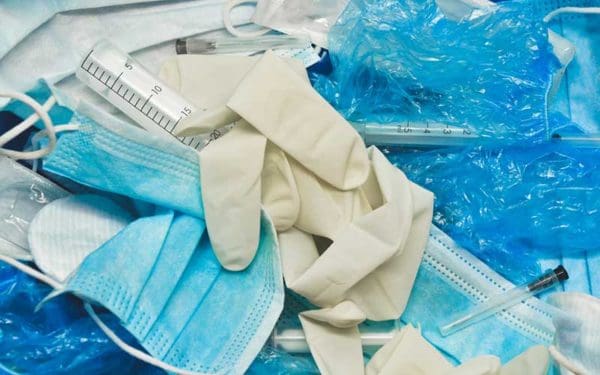
The plastic industry has been trying to take advantage of the pandemic to maximize profits. But fueling fear during a public health crisis is outrageous and must be called out. To truly protect public health and the environment long-term, we need full-scale reuse systems.
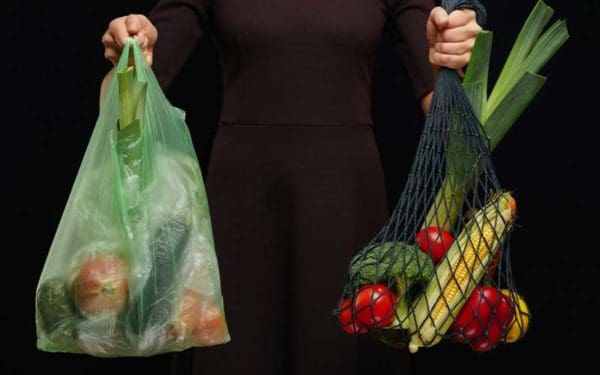
At the outset of the COVID-19 pandemic, staffing concerns caused many New England states with bottle return programs to temporarily stop enforcing collection requirements at grocery stores, supermarkets, and liquor shops. Connecticut was among the states pressing pause on bottle bill enforcement. But as of May 20, the state’s Department of Energy and Environmental Protection (DEEP) has reinstated bottle collection requirements at these retail sites.
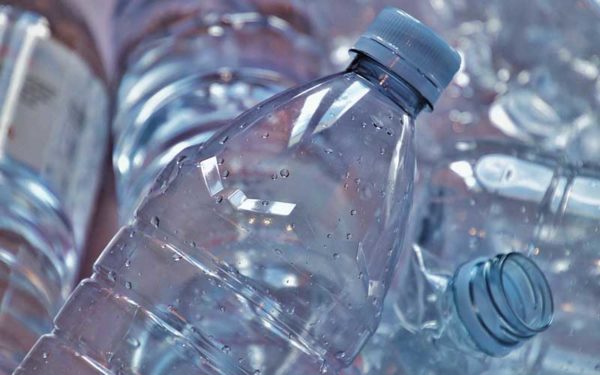
Under cover of the pandemic, the waste industry is trying to demolish critical environmental protections. In April, the waste industry and Vermont’s Department of Environmental Conservation asked the legislature to delay Vermont’s food scrap ban and trash recyclables, all under the guise of protecting the health of workers amid the COVID-19 pandemic. But they appear to be part of a push from waste industry groups to use the crisis to advance their own agenda in several New England states.
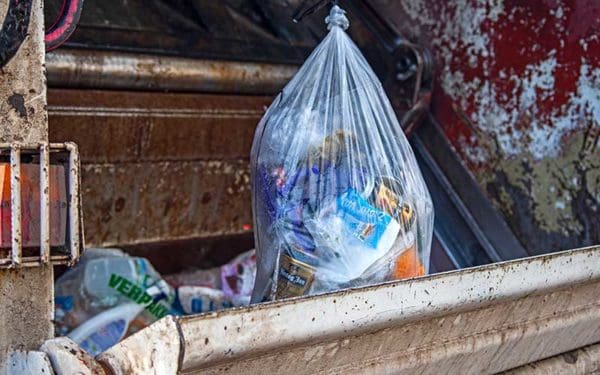
My first day on the job as Connecticut River Conservancy’s newest River Steward was a whirlwind – literally. We got an early morning start with our friends at the U.S. Fish & Wildlife Service for a windy trip up and down the Connecticut River on their airboat. As we came to our first stop and dismounted the boat, I was shocked and disappointed to see the amount of plastic bottles and nips littering Connecticut’s shoreline.
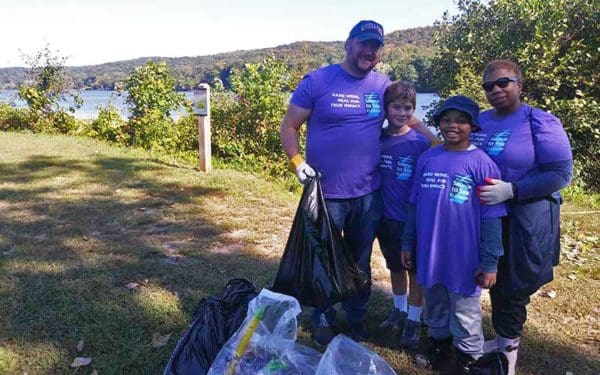
We can’t allow manufacturers to get away with the false narrative that it’s up to you and me to recycle our way out of the plastic pollution crisis. It’s time to call them out as the real culprits and put the burden on their shoulders, not ours.
